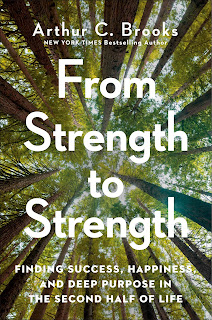Mind Mapping
Mind Mapping
A Powerful Tool for Personal Growth
What is Mind Mapping?
Mind mapping is a visual thinking tool that helps organize thoughts, ideas, and connections in a radial, non-linear manner. Starting with a central concept, related ideas branch outward, creating an intuitive and hierarchical representation of information.
Benefits for Personal Growth
1. Enhanced Creativity
- Breaks linear thinking patterns
- Encourages new connections between ideas
- Stimulates innovative problem-solving
2. Improved Clarity
- Organizes scattered thoughts
- Identifies priorities and goals
- Creates a clear vision for personal development
3. Better Memory Retention
- Visual format aids recall
- Utilizes both logical and creative thinking
- Creates meaningful associations
Practical Applications
- Goal Setting: Map out short and long-term objectives
- Problem Solving: Explore different angles and solutions
- Self-Discovery: Understand your values, interests, and aspirations
- Learning: Organize and synthesize new information
- Decision Making: Visualize options and consequences
Getting Started
1. Choose a central topic (e.g., "Career Growth")
2. Draw main branches for key subtopics
3. Add smaller branches for details and ideas
4. Use colors, symbols, and images for visual impact
5. Review and refine regularly
Tips for Effective Mind Mapping
- Keep it personal and meaningful to you
- Don't restrict yourself – let ideas flow freely
- Use keywords rather than long sentences
- Review and update your mind maps periodically
Mind mapping is more than just a note-taking technique; it's a powerful tool for personal growth. By visualizing your thoughts and making connections, you can unlock new perspectives, set clearer goals, and chart a path toward personal development. Start small, be consistent, and watch as your mind maps evolve alongside your journey of growth.
Thoughts With Mr. Simplicity is brought to you by The Simplicity Lifestyle
If you’re interested in The Simplicity Lifestyle:
The Simplicity Lifestyle Welcome Message




Comments
Post a Comment